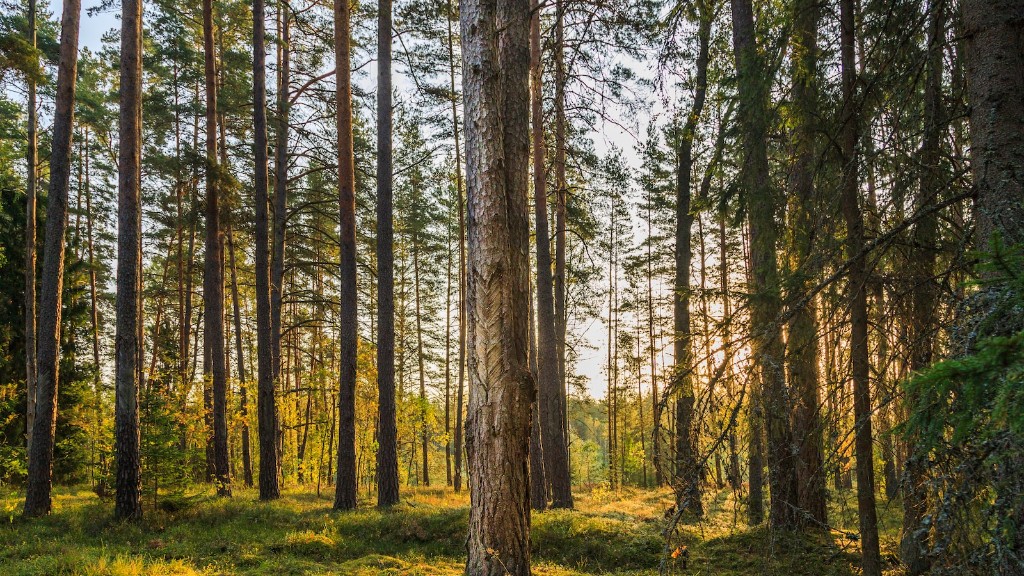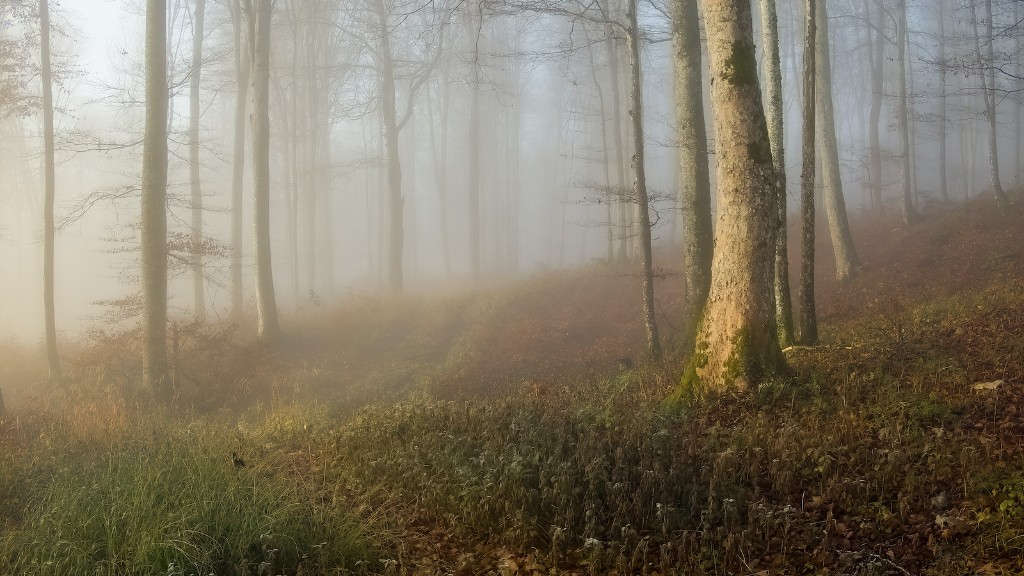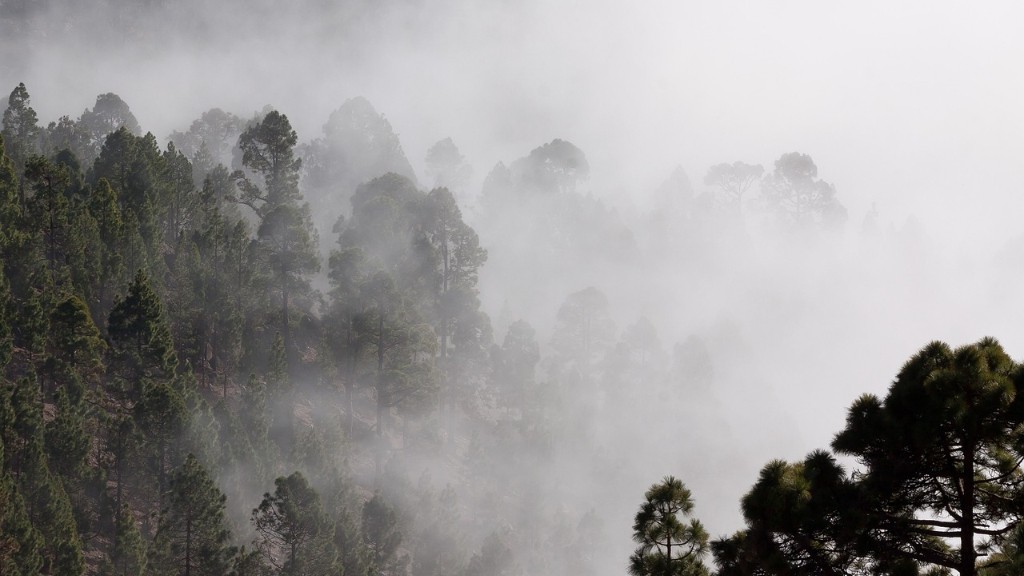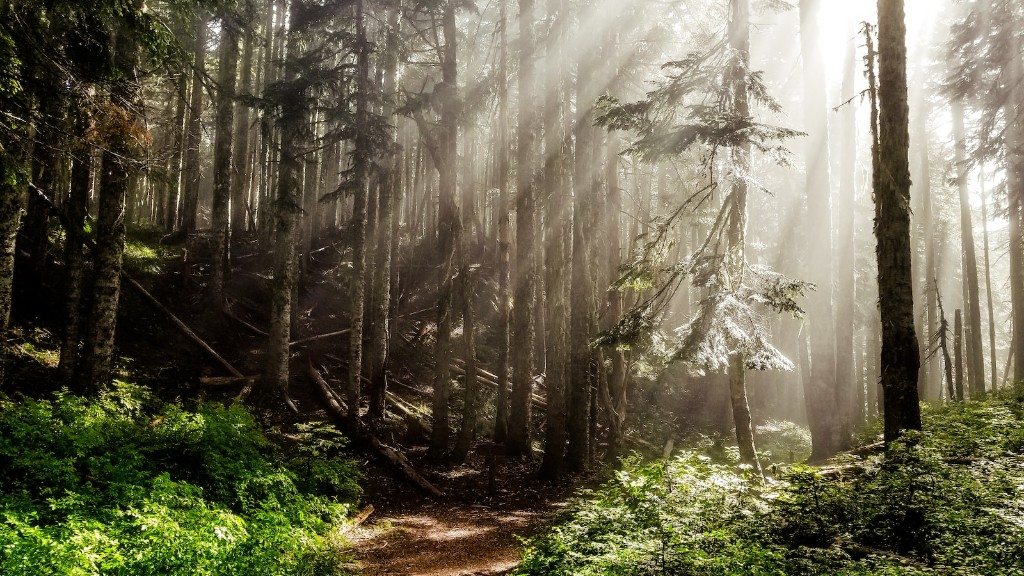The Impact of Deforestation on Indigenous Tribes in the Amazon Rainforest
The Amazon rainforest, often referred to as the “lungs of the Earth,” plays a vital role in maintaining the planet’s biodiversity and regulating the climate. However, this precious ecosystem is under threat due to deforestation, primarily driven by human activities. One of the most affected groups by deforestation in the Amazon rainforest are the indigenous tribes that have called this region their home for centuries.
The indigenous tribes in the Amazon rainforest have a deep spiritual connection to the land and rely on it for their survival. The destruction of their ancestral territories not only poses a threat to their way of life but also jeopardizes their cultural heritage. These tribes possess extensive knowledge about the rainforest’s plants, animals, and medicinal properties, which could be lost forever if their territories continue to be destroyed.
Experts estimate that over 80 indigenous tribes in the Amazon rainforest are at risk due to deforestation. As their territories shrink and their natural resources diminish, these tribes face internal conflicts, displacement, and an increased vulnerability to diseases. With their traditional way of life being disrupted, they often struggle to adapt to the rapid changes brought about by deforestation.
Moreover, the destruction of the Amazon rainforest not only affects the indigenous tribes but also has global consequences. This vast forest acts as a carbon sink, absorbing a significant amount of the world’s carbon dioxide emissions. With deforestation, large amounts of carbon are released back into the atmosphere, contributing to the climate crisis and exacerbating global warming.
The Amazon rainforest is also home to countless species found nowhere else on Earth. Deforestation destroys their natural habitats and leads to the potential extinction of numerous plants and animals. This loss of biodiversity has far-reaching effects on the delicate balance of our planet’s ecosystems and undermines efforts towards sustainable development.
Efforts to address deforestation and support indigenous tribes have gained international attention in recent years. Various organizations and governments are working together to protect and restore the Amazon rainforest, recognizing the invaluable role played by indigenous communities in preserving this extraordinary ecosystem.
It is crucial to prioritize sustainable alternatives to deforestation, such as responsible logging practices, land management strategies, and the promotion of eco-tourism. By involving and empowering indigenous tribes, we can ensure that their knowledge and ways of life are respected, while also safeguarding the Amazon rainforest for future generations.
The Socioeconomic Impact on Indigenous Tribes
In addition to the cultural and environmental consequences, deforestation in the Amazon rainforest has severe socioeconomic impacts on indigenous tribes. The destruction of their territories often leads to the loss of traditional livelihoods, such as hunting, fishing, and gathering.
These tribes heavily rely on natural resources for sustenance, and deforestation disrupts their ability to maintain their traditional food systems. This often forces them to rely on external aid or engage in activities that are detrimental to their long-term well-being, such as working in illegal mining operations or farming monocultures.
Furthermore, the encroachment of external actors and industries into indigenous lands can lead to increased social inequality, exploitation, and human rights violations. Indigenous tribes often face discrimination, land theft, violence, and forced assimilation, all of which further marginalize their communities.
The Importance of Indigenous Knowledge and Sustainable Solutions
Indigenous tribes in the Amazon rainforest possess a wealth of knowledge about sustainable land use and resource management. Their traditional practices have allowed them to coexist with the rainforest for generations while preserving its biodiversity. This knowledge is crucial in developing sustainable solutions to halt deforestation and mitigate its effects.
By recognizing and incorporating indigenous knowledge into policies and conservation efforts, we can harness their expertise to promote sustainable land use practices, reforestation, and the preservation of traditional agricultural systems. This approach not only benefits the indigenous communities but also contributes to the long-term health of the entire Amazon rainforest.
Challenges and Opportunities
Addressing deforestation in the Amazon rainforest and its impact on indigenous tribes is not without its challenges. The expansion of industries, illegal logging, and land grabbing continue to threaten the integrity of the rainforest and the rights of indigenous peoples.
However, there are also opportunities for collaboration and positive change. Engaging with indigenous communities, supporting their land rights, and involving them in decision-making processes are essential steps towards sustainable and equitable solutions. By promoting dialogue and partnerships, we can ensure that their voices are heard and their ancestral territories are protected.
The Role of Consumers and Global Action
Consumers around the world also play a crucial role in addressing deforestation in the Amazon rainforest. By making conscious choices and demanding sustainably sourced products, we can create a market-driven incentive for industries to adopt sustainable practices and avoid contributing to deforestation.
Furthermore, governments and international organizations must develop and enforce policies that prioritize the conservation of the Amazon rainforest and the rights of indigenous tribes. International cooperation and support are essential in tackling deforestation, as the consequences of its destruction extend far beyond national borders.




